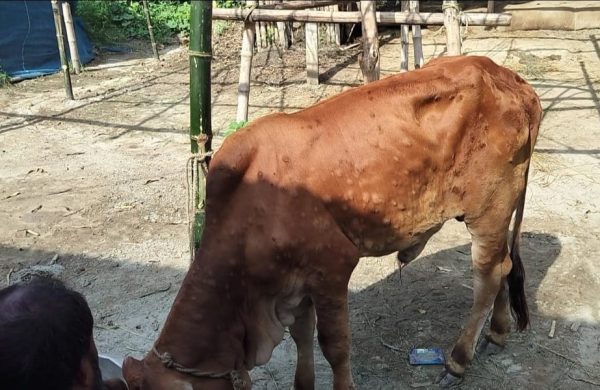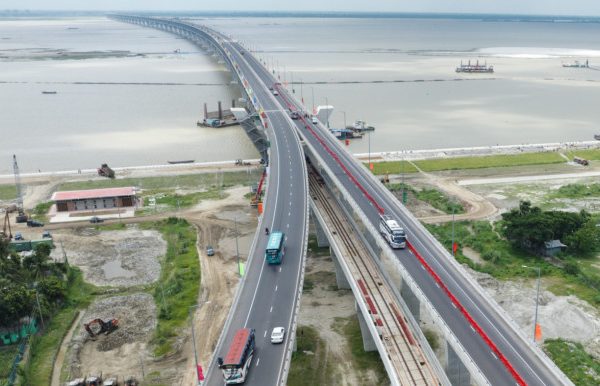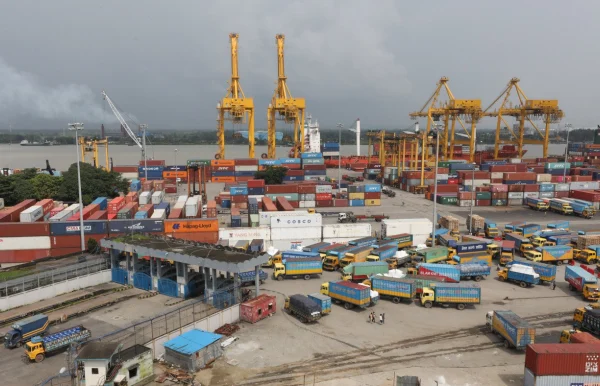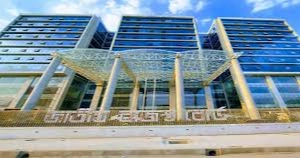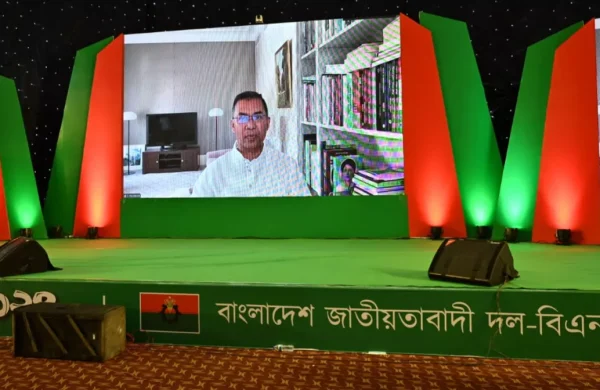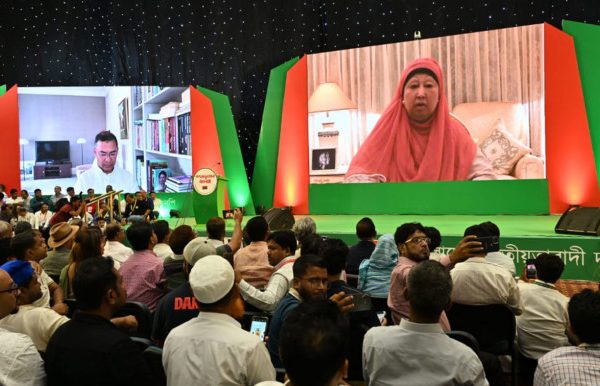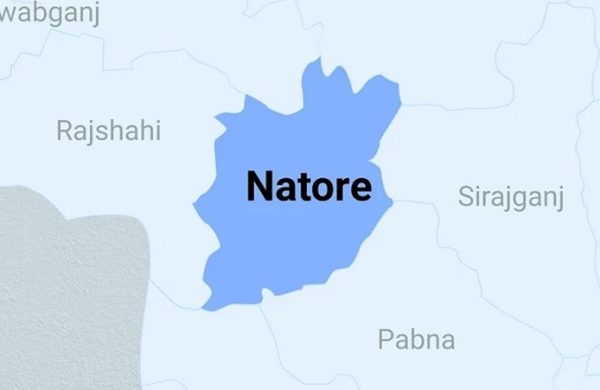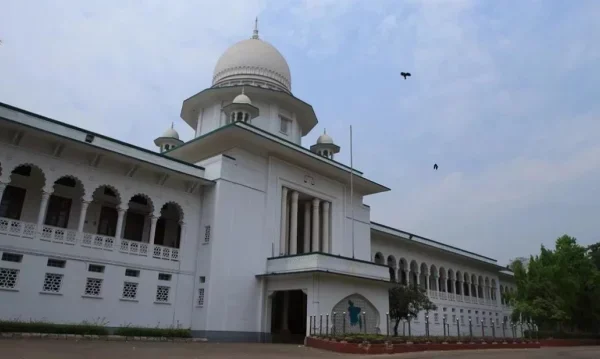Land port restrictions force costly reroute for Bangladesh RMG, food exports to India
- Update Time : Sunday, May 18, 2025
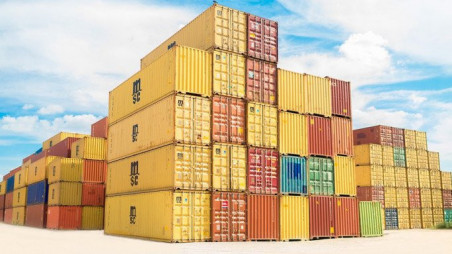
TDS Desk:
India’s abrupt ban on the import of seven categories of Bangladeshi goods via land ports is expected to significantly disrupt Bangladesh’s key exports to India – namely readymade garments (RMG) and processed foods.
The restrictions, which took effect on Saturday, now require exporters to rely on longer and more expensive shipping routes.
The move comes amid rising trade tensions between the two neighbours, following Bangladesh’s earlier decision to ban yarn imports from India via land ports just a month ago.
BGMEA Administrator Anwar Hossain warned that the restrictions would inevitably impact garment exports. “Land ports provide easy access for various goods. Shipping through seaports will take significantly more time,” he said.
“We are currently consulting with exporters to understand the full impact. Once that’s assessed, we’ll approach the relevant authorities to seek solutions and explore alternative channels,” he added.
According to the Bangladesh Garment Manufacturers and Exporters Association (BGMEA), Bangladesh exported RMG products worth $548 million to India during the 2023–24 fiscal year. In the first 10 months of the current fiscal year, exports have already reached $563 million. Notably, 93% of these shipments were made through land ports.
PROCESSED FOOD EXPORTERS HIT HARD
The processed food industry is also facing major setbacks, particularly PRAN-RFL Group, which exports roughly $50 million worth of snacks, biscuits, cakes, chips, fruit drinks, and carbonated beverages to India each year.
About two-thirds of these exports are sent to India’s northeastern “Seven Sister” states where Bangladeshi food products are widely popular.
Under the new restrictions, India has stopped the import of these items through five land ports on the borders with Assam, Meghalaya, Tripura, and Mizoram.
This has forced exporters to reroute shipments through Kolkata. From there, goods must travel around 1,200 kilometers by road or rail to reach Agartala, Guwahati, Shillong, or other northeastern cities. Alternatively, shipments may go by sea from Chattogram or Mongla Port to Kolkata’s Haldia Port before being transported inland—a route that significantly increases both time and cost.
Kamruzzaman Kamal, Director of Marketing at PRAN-RFL Group, said the new route would take at least 10 to 20 days, compared to just one day via land ports. “Importers in Agartala may hesitate to accept goods that come through such a lengthy and costly route,” he warned.
“Since Indian importers bear the transport costs after the goods cross the border, the added expenses could affect the competitiveness of Bangladeshi products in the Indian market,” added Kamruzzaman.
He added, “We export through seven ports. Five of them are on the restriction list. We’re still uncertain about the status of the remaining two. If those remain unaffected, we may continue exports to West Bengal. But exporting to India’s northeastern states will become extremely difficult.”
Kamal also expressed concern about losing a significant portion of revenue from exports to India, saying it would become increasingly difficult to compete with Indian products under the new conditions.
TRADE BALANCE AT FURTHER RISK
Bangladesh’s total annual trade with India stands at around $13 billion, with exports to India accounting for approximately $2 billion, according to the commerce ministry.
The latest restrictions could further destabilise this trade balance and place further strain on economic relations. Exporters and trade bodies are urging both governments to initiate bilateral talks to resolve the issue and ensure smoother trade flows.


